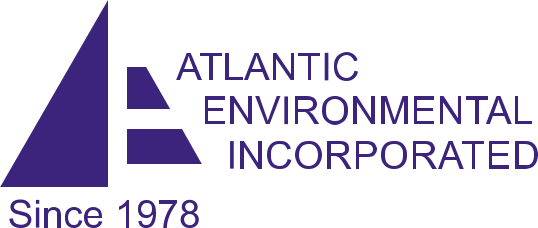The N95 Respirator – Your First Step in Protection Against Silica
What is silica? Why do you need to have a healthy fear of it? And how can the N95 respirator protect you? The information we are providing here will encourage workers to readily adopt a safety culture on the job by appreciating why, how, and when to use the N95, also known as a dust mask.
Defining Silica and PEL
OSHA is not the enemy and never has been to those safety conscious and value human life. OSHA standards require an employer to protect their worker’s respiratory health, limiting exposure to silica and using dust control methods. In your workspace, you may be asked to use the N95 respirator, commonly known as a dust mask. You may question the necessity of doing so, especially when it gets uncomfortable due to heat and pressure on your face and nose. But, the N-95 should never be viewed as an enemy – the real enemy is silica. What is silica, and why do you need to have a healthy fear of it? And how can the N-95 protect you?
Silica is more than dust at a construction site. Crystalline silica is a mineral found in concrete, stone, sand, brick, and mortar. When a worker grinds, drills or cuts construction materials, such as cutting control joints in a concrete floor, tiny dust particles are created. This dust contains silica. Following, these respirable particles are breathed in and travel deep into the lungs. The result can be an incurable, sometimes deadly, lung disease called silicosis. Therefore, your employer is responsible for determining which dust control method needs to be used to limit exposure to the permissible exposure limit or PEL.
The three factors that determine the particulate PEL are the particle size, the concentration, and the duration of exposure. In addition, your employer will use a chart that outlines the type of respirator needed based on PEL. So now you are asking, “what is PEL?”
PEL for respirable crystalline silica is 50 micrograms per cubic meter (µg/M3) of air. Therefore, for an eight-hour workday average, this is the maximum concentration of respirable crystalline silica in the air to which a person can be exposed to.
Reasons For the N95
The N95 is rated for light use. The filter series “N” indicates it is not resistant to oil, and the “95” is the filter efficiency; in this case, it filters at least 95% of airborne particles. The N-95 is recommended for sweeping, light sanding, and leaf blowing, and based on concentration factors and variation in the N-95 itself, at times it is permissible for concrete or metal grinding.
It is inexpensive, lightweight, easy to fit, and easy to talk to another person while wearing the mask. It is designed for single-use, so be sure to get a new one throughout the day as needed. If you see dust or dirt on the inside of the mask, throw it away. If your employer requires you to wear the N-95, they will provide you with a written respiratory protection program that meets OSHA standards. This will include training and fit testing. You will learn how the two-strap design allows for a secure seal, and you will be taught how to use both hands when adjusting the nose clip and foam for a tight fit.
Caution: As a job progresses, the work environment and hazards can suddenly change. The N-95 is minimal protection for particulates only; it cannot remove gases or odors or handle high contaminant levels. You may need to talk to your employer or supervisor about the need for more protection, perhaps a half mask (light to moderate use) or a full face mask (moderate to heavy use) that also provides eye protection). Of course, using these respirators requires additional training and fit testing.
Adopt Safety Today
Learn to adopt a culture of safety on the job. Readily accept and integrate all workplace safety guidelines outlined by your employer, especially respirator training. Silicosis is one nightmare you want to avoid – and you can, with the help of the N-95 respirator.
Contact for Respirator Fit and Training, Atlantic Environmental. We are a professional respirator fit training company servicing NJ, NY, PA, CT, DE and GA.
Do not wait and get in touch with Atlantic Environmental today.



